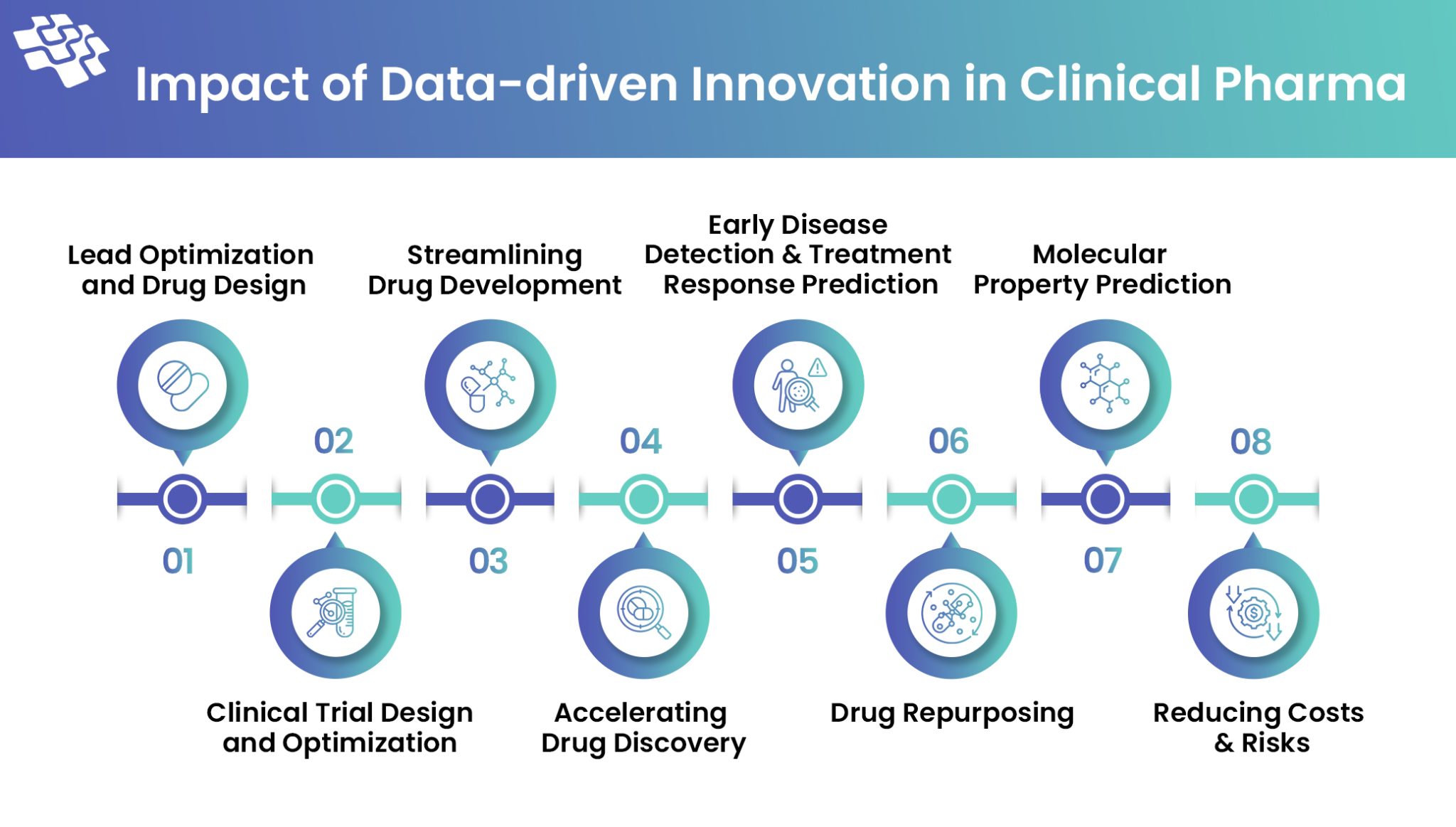
Impact of Data-driven Innovation in Clinical Pharma
We will examine opportunities that lie in shared clinical research pain points and what are the impacts of data-driven innovation in clinical pharma.
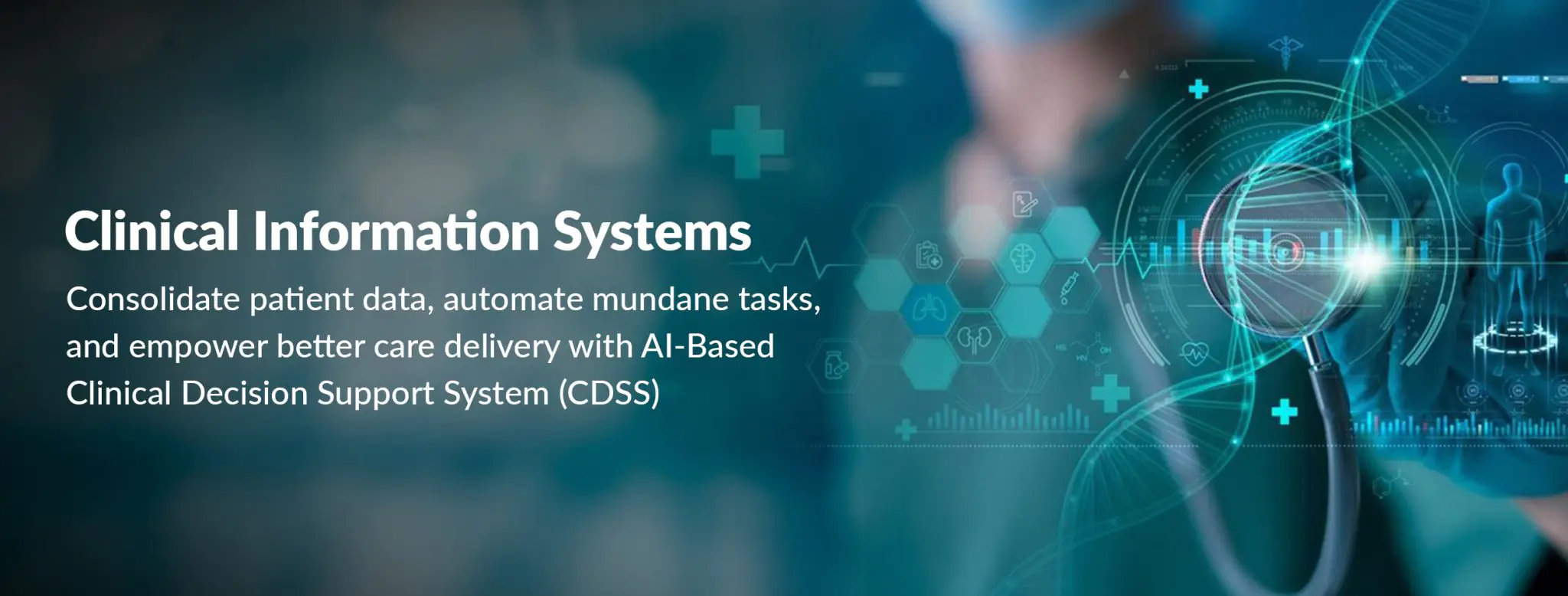
As a leading digital healthcare software development services company, we develop digital healthcare solutions employing deep learning and artificial neural networks to improve patient care.
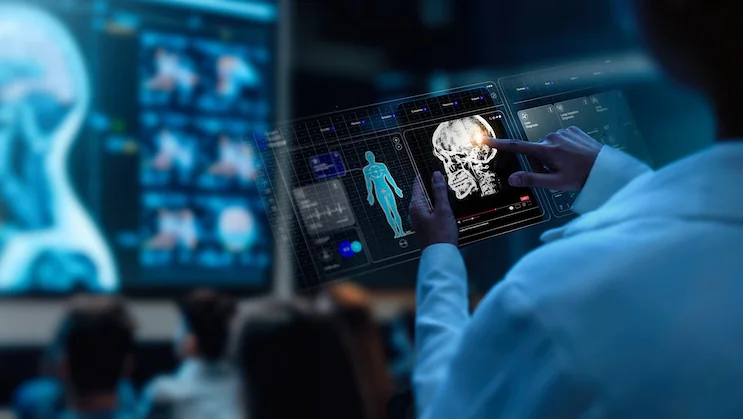
Clinical Decision Support System Software Development Services
At NextGen Invent, we specialize in artificial intelligence-based clinical decision support system software development services, designed to optimize healthcare workflows and improve patient outcomes. We develop custom software and extensions for seamless patient-doctor communication, integrated billing, and enterprise-wide inventory management for pharmaceuticals, medical supplies, and equipment. With over 96% of U.S. hospitals already using clinical information systems, we develop AI based software that ensures interoperability, data integrity, and scalability, enabling healthcare organizations to streamline clinical documentation, enhance operational efficiency, and meet evolving industry standards while improving patient care.
Clinical information systems facilitate transitional care by ensuring continuity of care through interoperable data exchange, real-time clinical updates, and automated care coordination. These systems support post-discharge workflows, enable moderate-to-high complexity decision-making, and ensure timely interventions by healthcare professionals across care settings without service disruption.


Clinical information systems streamline laboratory management by centralizing compliance tracking, automating quality control calculations, and enabling real-time monitoring of equipment, temperature, and maintenance. With remote access capabilities, CIS ensures seamless management of multiple sites, enhances inspection readiness, and reduces costs. By optimizing workflows and reducing administrative burdens, CIS also accelerates billing and reimbursement processes, leading to improved cash flow. This provides laboratories with efficient, scalable, and secure operations.
CIS optimizes pharmacy operations by automating inventory management, streamlining stock tracking, and enabling predictive reordering to maintain optimal inventory levels. It also simplifies billing and reimbursement by generating accurate invoices, integrating with insurance providers, and reducing administrative burdens, ensuring efficiency, cost savings, and profitability.


PACS and RIS systems enhance diagnostic accuracy by providing instant access to high-resolution medical images and detailed patient data. Integrated with AI-driven analysis and advanced imaging tools, these systems support precise detection of abnormalities, streamline reporting workflows, and facilitate timely, data-informed clinical decisions for improved patient outcomes.
CIS enhances patient care by providing healthcare professionals with real-time access to critical patient data, such as allergies, medications, and medical history. This reduces medication errors, prevents duplicate tests, and triggers timely interventions, ensuring adherence to care protocols and improving patient safety and outcomes.

Experienced AI data scientists lead seamless, customized software development with cutting-edge technologies for high-quality applications.
Deep expertise with EPIC, Cerner, Meditech, and Athena enables seamless EHR integration—backed by 500+ successfully implemented AI projects.
Proven expertise in Redox, FHIR, HL7, and 835/837 standards, including Azure and AWS FHIR implementations.
We actively listen to understand business challenges and collaborate to design tailored solutions that meet our clients' needs.
Meticulously include remarkable features for superior customer experience and market performance.
In algorithmic decision-making, we ensure transparency and accountability.
NextGen Invent's comprehensive data science services, including classifier development and knowledge graphs, bolstered healthcare innovation. Their mass spectrometry algorithm showcased machine learning and software engineering prowess.

We will examine opportunities that lie in shared clinical research pain points and what are the impacts of data-driven innovation in clinical pharma.
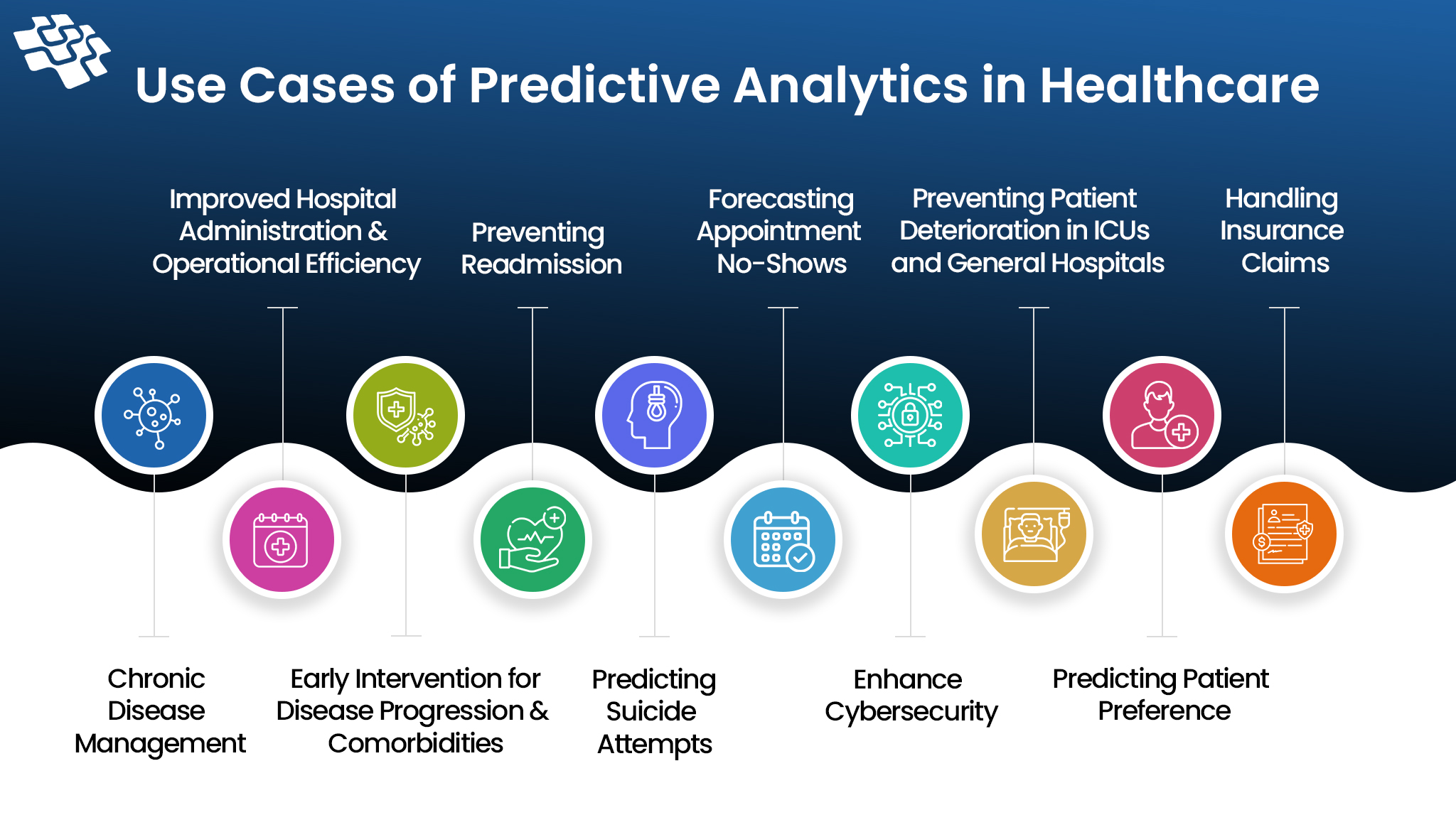
What if your health issues could be predicted by medical specialists before they become serious? Predictive analytics uses healthcare data and advanced analytics technologies to estimate health outcomes, enabling better patient care and early intervention.
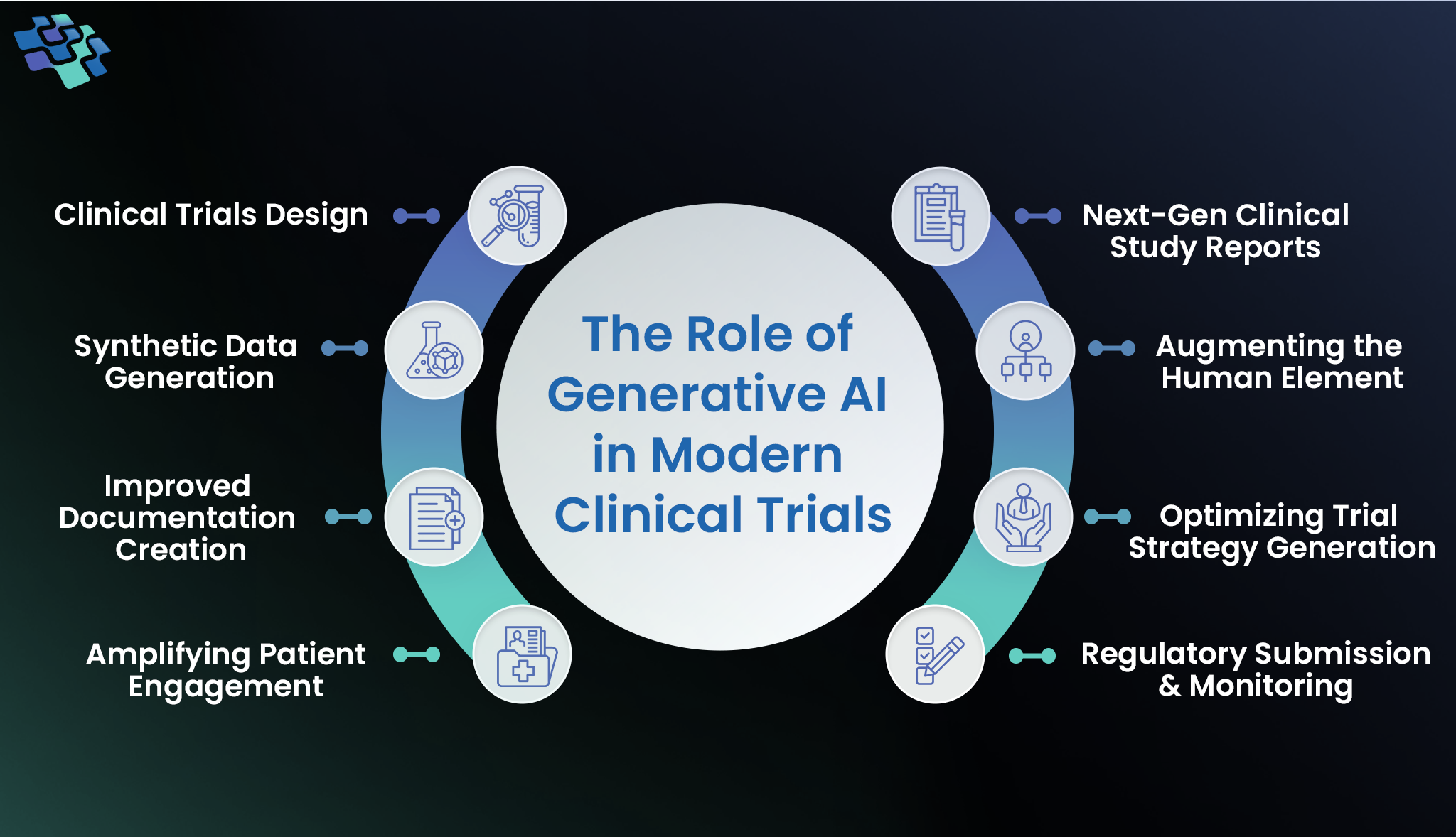
Generative AI in clinical trials has potential because these trials should be cost-effective, versatile, and adaptable to meet the varied objectives of different stakeholder groups.